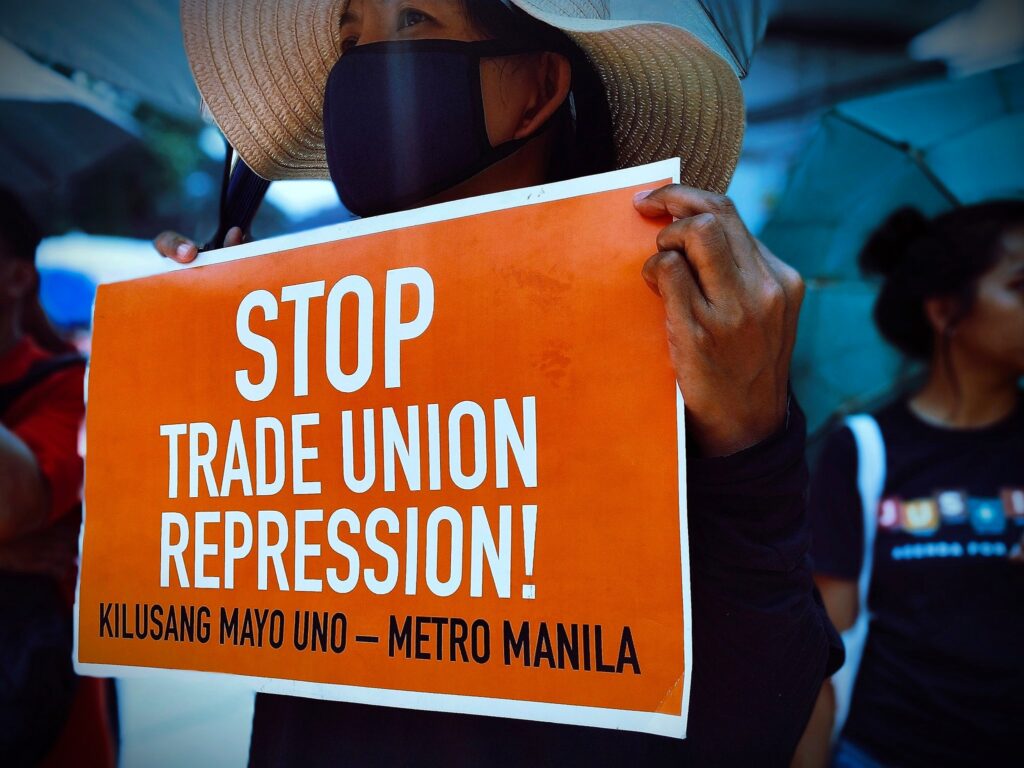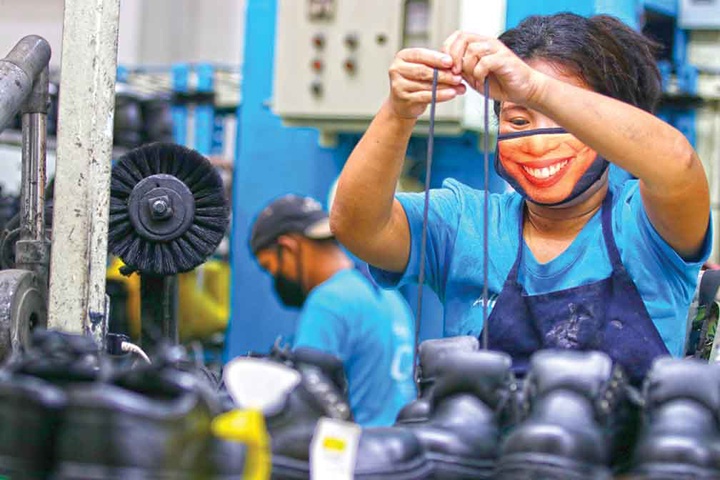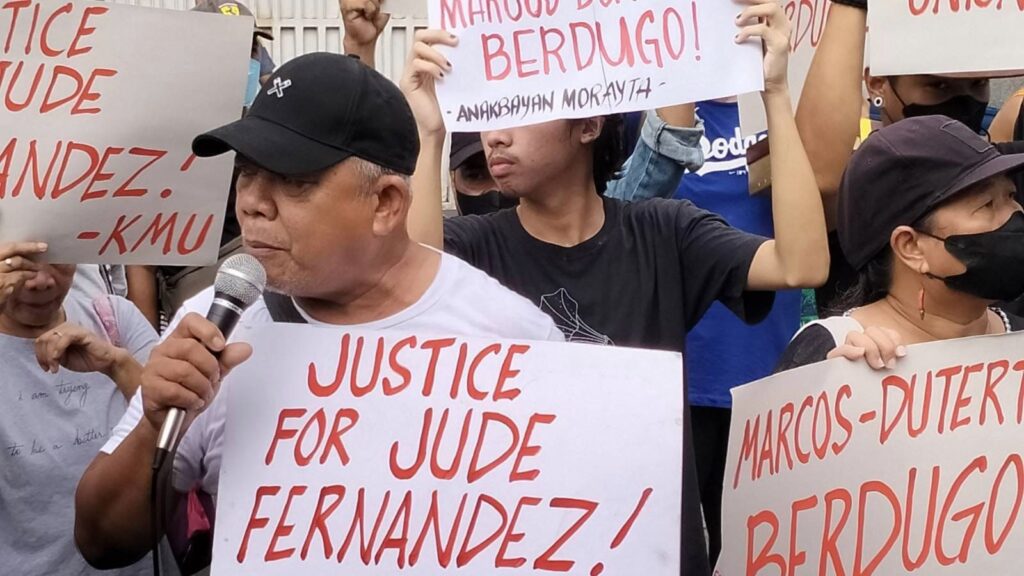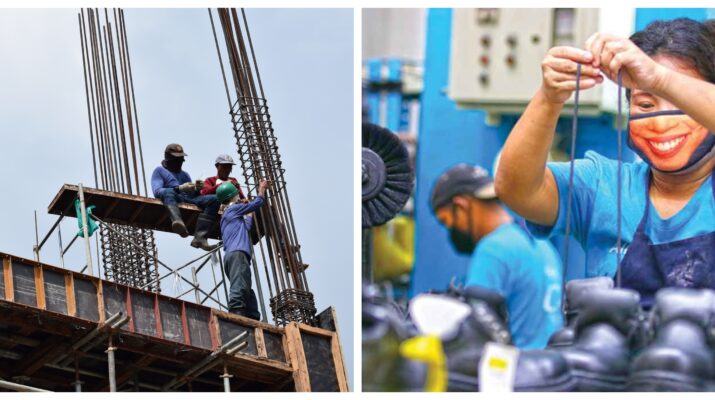International Workers’ Day, colloquially called “May Day”, is earmarked as a day to celebrate the gains made by the international labour movement to advance workers’ rights but also to reflect on what still needs to be done to improve working conditions worldwide.
In the Philippines, addressing the concerns of Filipino workers is an uphill battle. Not only is there a myriad of woes beleaguering the blue collar Filipino labourer, but they are further assailed by a neoliberal government hell-bent on retaining the semi-feudal economic order in the country.
Filipino workers suffer from stagnant real wages and a rising cost of living, mass job losses in various industries, and with the Philippines experiencing a brutal spell of the El Niño phenomenon, labourers – particularly in the country’s burgeoning construction sector – are exposed to dangerously high temperatures.
Historically, workers’ interests are advanced by trade unions organising workers to demand higher wages and better working conditions. In the Philippines however, these trade unions are further crippled by state forces openly hostile towards them – undermining their efforts and ensuring the labour movement in the country continues to be weak.

Reading further, the ITUC noted that: “Workers and their representatives in the Philippines remained particularly vulnerable to red-tagging, violent attacks, abductions and arbitrary arrests”; adding, “workers across many sectors still faced significant obstacles when attempting to form trade unions” (page 36).
Trade union organisers in the Philippines not only face an uphill battle with labour laws skewed towards big business, they also face harassment from state forces through trumped-up legal cases, enforced disappearances and in some cases even assassination attempts.
Red-tagging is the act of conflating left-leaning non-violent activists with communist rebels belonging to the New People’s Army (NPA) – a revolutionary group that has waged a war against the Philippine government for more than half a century. It is a deliberate strategy by state agents, particularly law enforcement agencies and the military, to target left-leaning activists – such as trade unionists – as they are perceived to be ‘threats’ or ‘enemies of the State’.
The logic being that, since these activists are allegedly involved with the armed rebellion, they are “fair game” for the military or police to arrest without warrant, subject to illegal surveillance, or to target in professional hits. This tactic employed by Philippine state forces has long been exposed as a sham, with legitimate, non-violent activists having been tagged as communist rebels maliciously.

Only this month did we see an example of trade union repression in action. William Larriosa, a 63-year-old veteran labour organizer in Bukidnon province, was abducted and forcibly disappeared by the military’s 48th Infantry Battalion. As a vocal labour activist, Larriosa had long received threats and harassment from state forces – eventually culminating in his enforced disappearance.
The ITUC report also highlighted other cases of trade union harassment and repression in 2023, such as the illegal arrest and detention of Dyan Gumanao, a teachers’ union organiser, and Armand Dayoha – who was an organiser with the Alliance of Health Workers in January 2023.
Both activists were forcibly nabbed at a port in Cebu, before being detained at a private beach resort by elements of the Philippine military – without any arrest warrant or trial.
Later that year state forces would assassinate prominent labour organiser Jude Fernandez, who had been a unionist since the Martial Law era. Personnel from the Philippine National Police (PNP) went to Fernandez’s rented home in Rizal province one evening when he was shot dead after allegedly “resisting arrest”.
That claim would be refuted by Fernandez’s neighbours, who had all testified to have only heard two gunshots that evening – the exact number inflicted on the labour activist – and no other sounds of a commotion.

Those cases are mere glimpses of the Philippine government’s brutality towards the labour movement, and this is not a trend that started under the current administration either. Successive administrations have either allowed the harassment and targeting of trade unionists to go unpunished, or have deliberately directed their repression themselves.
Such is the reality for the trade union movement in the Philippines: despite having a mountain of problems needing to be resolved, their capabilities are further impeded by an antagonistic government using state forces to antagonise them.
On May Day, the day when working-class peoples of the world unite to celebrate the gains made by the labour movement, may we also spare a thought to the uphill battles that other proletarian peoples around the globe are facing – such as in the Philippines.

